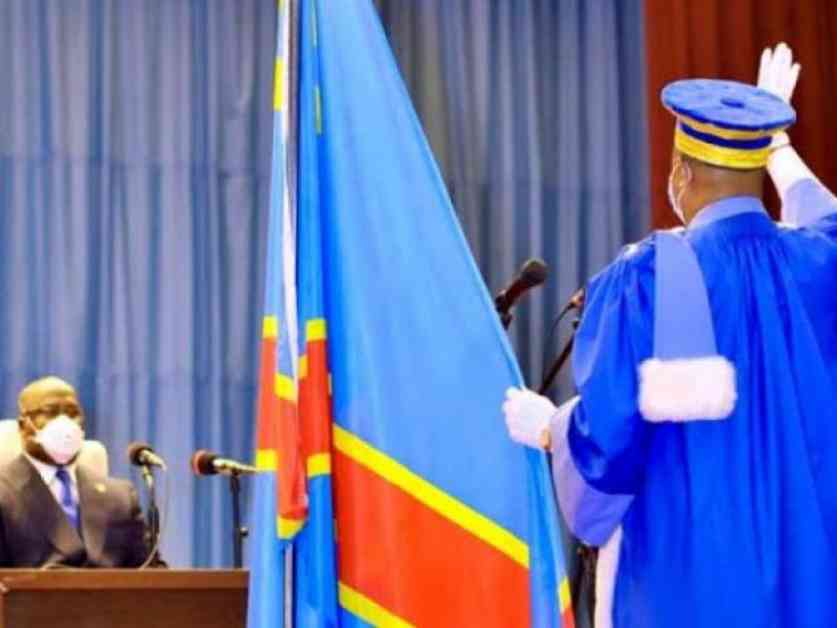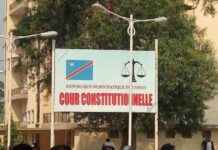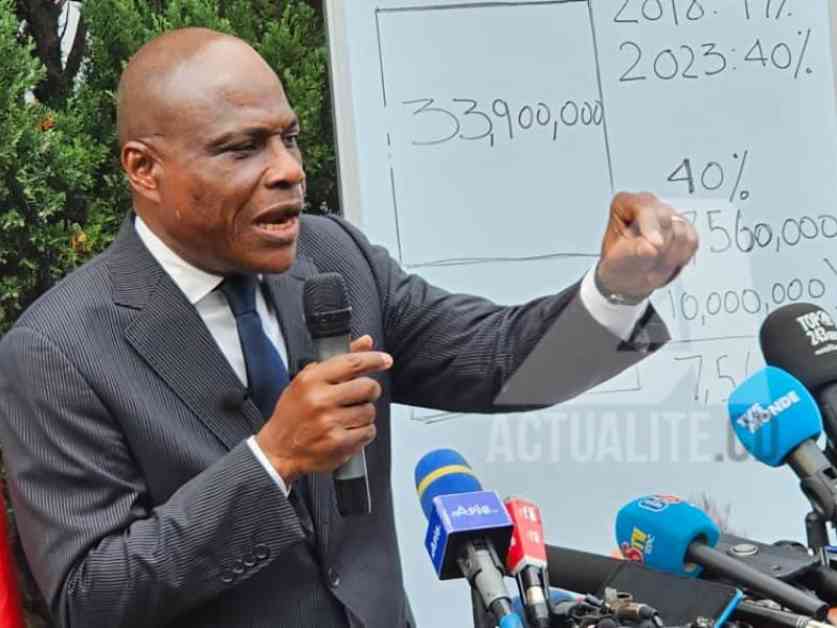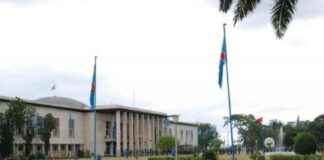Efforts to Nominate Remaining 2,500 Magistrates: Work Sessions Planned by DRC
In a bid to address the shortage of magistrates across the country, the Democratic Republic of the Congo (DRC) has taken significant steps to appoint the remaining 2,500 magistrates who were successful in the judicial exam in August 2022. The first wave of these magistrates has already begun their duties in the provinces where they have been assigned.
Minister of Justice and Keeper of the Seals, Constant Mutamba, confirmed this development during a live press briefing on RTNC, stating that efforts are underway to ensure the remaining magistrates also assume their roles promptly. Recognizing the urgent need for additional magistrates in various jurisdictions, Mutamba emphasized the importance of upcoming work sessions with the new magistrates and the High Council of the Judiciary before their formal budgeting by the state.
Challenges and Solutions
Mutamba acknowledged the serious shortage of magistrates in the country’s interior regions and emphasized the government’s commitment to addressing this issue promptly. He highlighted the critical role of the judiciary as the “secular arm of a nation” and stressed the necessity of having competent and sufficient human resources in judicial offices and jurisdictions for effective functioning.
Advocacy and Progress
The journey to appoint these magistrates has not been without challenges. In August, the remaining 2,500 magistrates staged a demonstration in Kinshasa to protest the delays in their appointments. Their frustration was evident as they marched through the streets of the capital and spent the night outside the president’s residence at the Cité de l’OUA. The emotional plea of one of the protesters, captured in a widely circulated video, reflected the collective sentiment of the group: “The Republic has decided to humiliate us, but we will not give up.”
Former President of the Constitutional Court, Dieudonné Kaluba, had previously outlined a phased approach to the appointment of the successful candidates, with the first wave in 2023-2024 and the second wave in 2024-2025. The ongoing efforts by the government aim to address the systemic gaps in the judicial system, especially in the country’s interior jurisdictions, and enhance the efficiency of the Congolese judiciary.
As the nation works towards strengthening its judiciary, the appointment of these magistrates is a crucial step in ensuring access to justice for all citizens and upholding the rule of law.
Conclusion
The appointment of 2,500 magistrates signifies a significant milestone in the efforts to bolster the judicial system in the DRC. Through strategic planning, collaboration with key stakeholders, and a commitment to addressing challenges, the government is paving the way for a more robust and effective justice system that serves the needs of the Congolese people.
This humanizing touch provides a glimpse into the personal struggles and collective determination of the magistrates awaiting appointment, underscoring the importance of timely and effective governance in meeting the demands of a growing nation. The journey towards a more equitable and efficient judiciary is a shared responsibility that requires continuous dialogue, advocacy, and action to ensure that justice prevails for all.

















